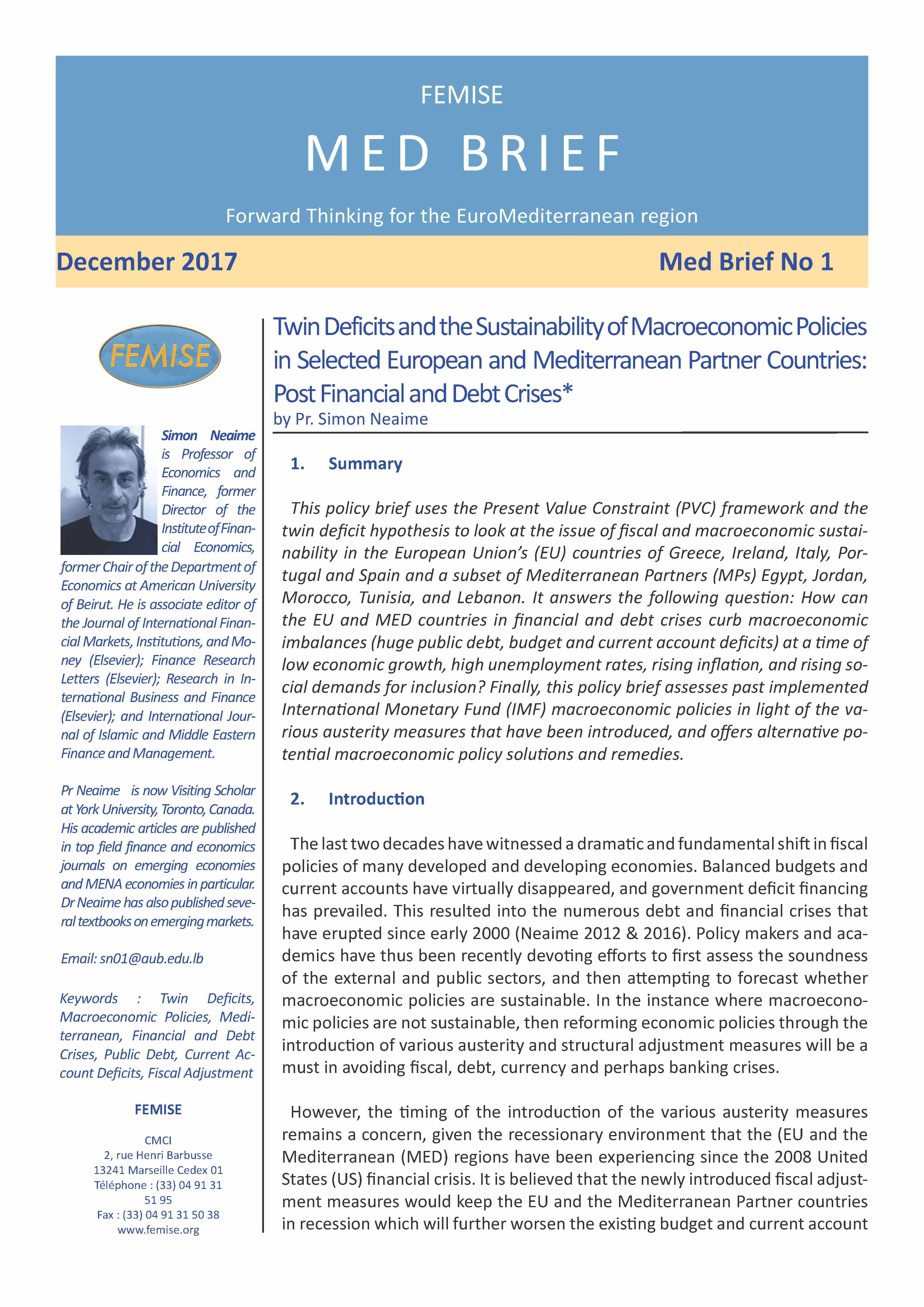 FEMISE is launching its new Policy Brief series MED BRIEF aspiring to provide Forward Thinking for the EuroMediterranean region. The briefs contain succinct, policy-oriented analysis of relevant EuroMed issues, presenting the views of FEMISE researchers and collaborators to policy-makers.
FEMISE is launching its new Policy Brief series MED BRIEF aspiring to provide Forward Thinking for the EuroMediterranean region. The briefs contain succinct, policy-oriented analysis of relevant EuroMed issues, presenting the views of FEMISE researchers and collaborators to policy-makers.
The first issue of MED BRIEF is now available for download by clicking here.
It is also available in Arabic here.

Pr. Simon Neaime (American University of Beirut, FEMISE)
This policy brief looks at the issue of fiscal and macroeconomic sustainability in the European Union’s (EU) countries of Greece, Ireland, Italy, Portugal and Spain and a subset of Mediterranean Partners (MPs) Egypt, Jordan, Morocco, Tunisia, and Lebanon. It answers the following question: How can the EU and MED countries in financial and debt crises curb macroeconomic imbalances (huge public debt, budget and current account deficits) at a time of low economic growth, high unemployment rates, rising inflation, and rising social demands for inclusion? Finally, this policy brief assesses past implemented International Monetary Fund (IMF) macroeconomic policies in light of the various austerity measures that have been introduced, and offers alternative potential macroeconomic policy solutions and remedies.
 The policy brief has been produced with the financial assistance of the European Union within the context of the FEMISE program. The contents of this document are the sole responsibility of the authors and can under no circumstances be regarded as reflecting the position of the European Union.
The policy brief has been produced with the financial assistance of the European Union within the context of the FEMISE program. The contents of this document are the sole responsibility of the authors and can under no circumstances be regarded as reflecting the position of the European Union.



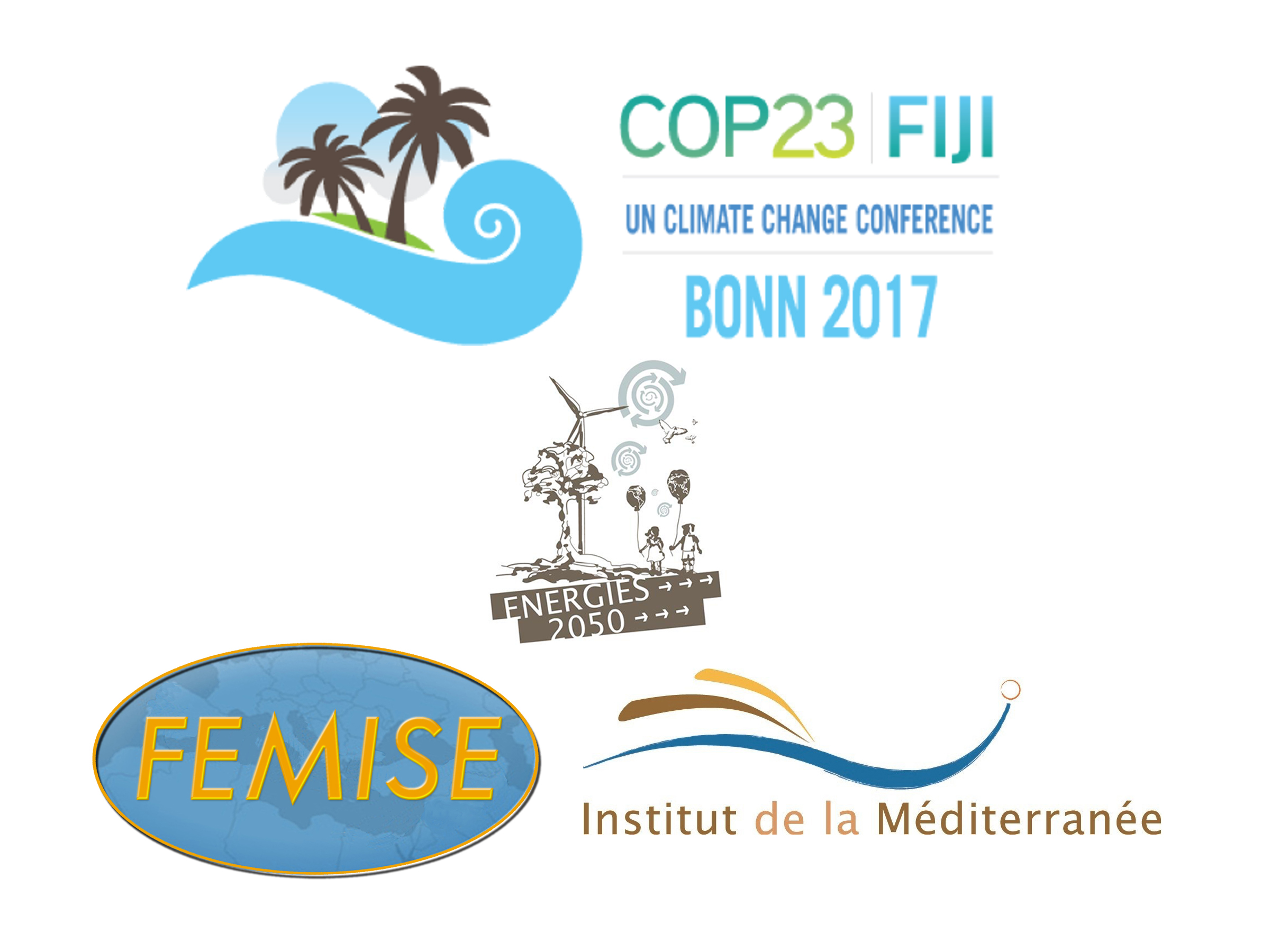 In the Mediterranean, the effects of climate change will always be felt more than elsewhere. Reduction of greenhouse gas emissions and adaptation needs of riparian countries are more than ever necessary.
In the Mediterranean, the effects of climate change will always be felt more than elsewhere. Reduction of greenhouse gas emissions and adaptation needs of riparian countries are more than ever necessary.
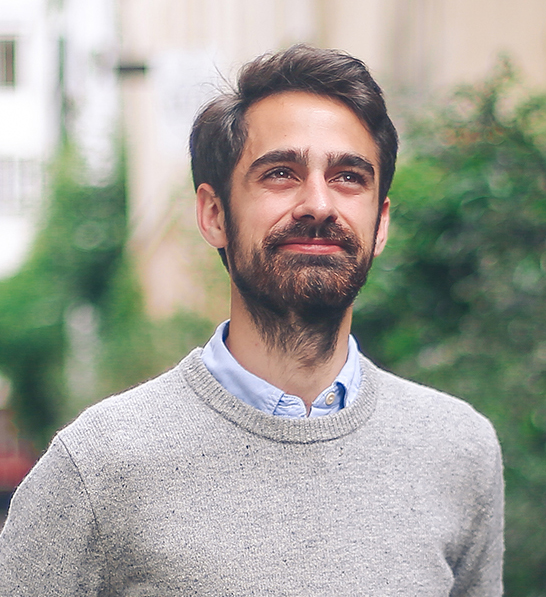 Thomas Vailleux
Thomas Vailleux 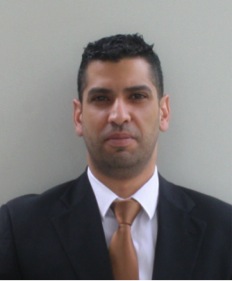 Shadi Atshan is a Palestinian entrepreneur and cofounder of Leaders Organization and FastForward Accelerator. Shadi led a group of talented professionals in establishing what has become Palestine’s largest entrepreneurship promotion organization (Leaders Organization or Qeiadat). He developed the organization’s portfolio of activities from zero to a portfolio of over $10 million USD in less than 8 years. Currently Leaders Organization is operating in Palestine, Jordan and Belgium. His work has contributed to the creation of over 45 technology startups. Today, Leaders Organization hosts Palestine’s only Technology Park “eZone”, Palestine’s first Startups Accelerator “FastForward”, Palestine’s first Social Enterprises Accelerator “SEA”, and the Palestinian House in Silicon Valley “PHSV” in San Francisco – USA.
Shadi Atshan is a Palestinian entrepreneur and cofounder of Leaders Organization and FastForward Accelerator. Shadi led a group of talented professionals in establishing what has become Palestine’s largest entrepreneurship promotion organization (Leaders Organization or Qeiadat). He developed the organization’s portfolio of activities from zero to a portfolio of over $10 million USD in less than 8 years. Currently Leaders Organization is operating in Palestine, Jordan and Belgium. His work has contributed to the creation of over 45 technology startups. Today, Leaders Organization hosts Palestine’s only Technology Park “eZone”, Palestine’s first Startups Accelerator “FastForward”, Palestine’s first Social Enterprises Accelerator “SEA”, and the Palestinian House in Silicon Valley “PHSV” in San Francisco – USA.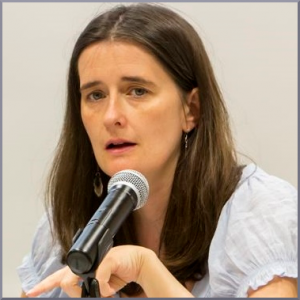 Patrizia Bussi coordinates the Brussels-based European Network of Social Integration Enterprise (
Patrizia Bussi coordinates the Brussels-based European Network of Social Integration Enterprise (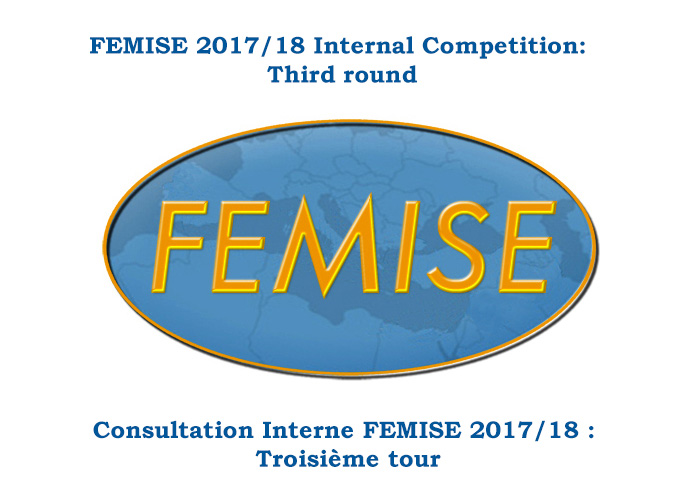 We received nineteen (19) eligible proposals for this 2017 round under the General theme of
We received nineteen (19) eligible proposals for this 2017 round under the General theme of Inequalities in the Mediterranean
Inequalities in the Mediterranean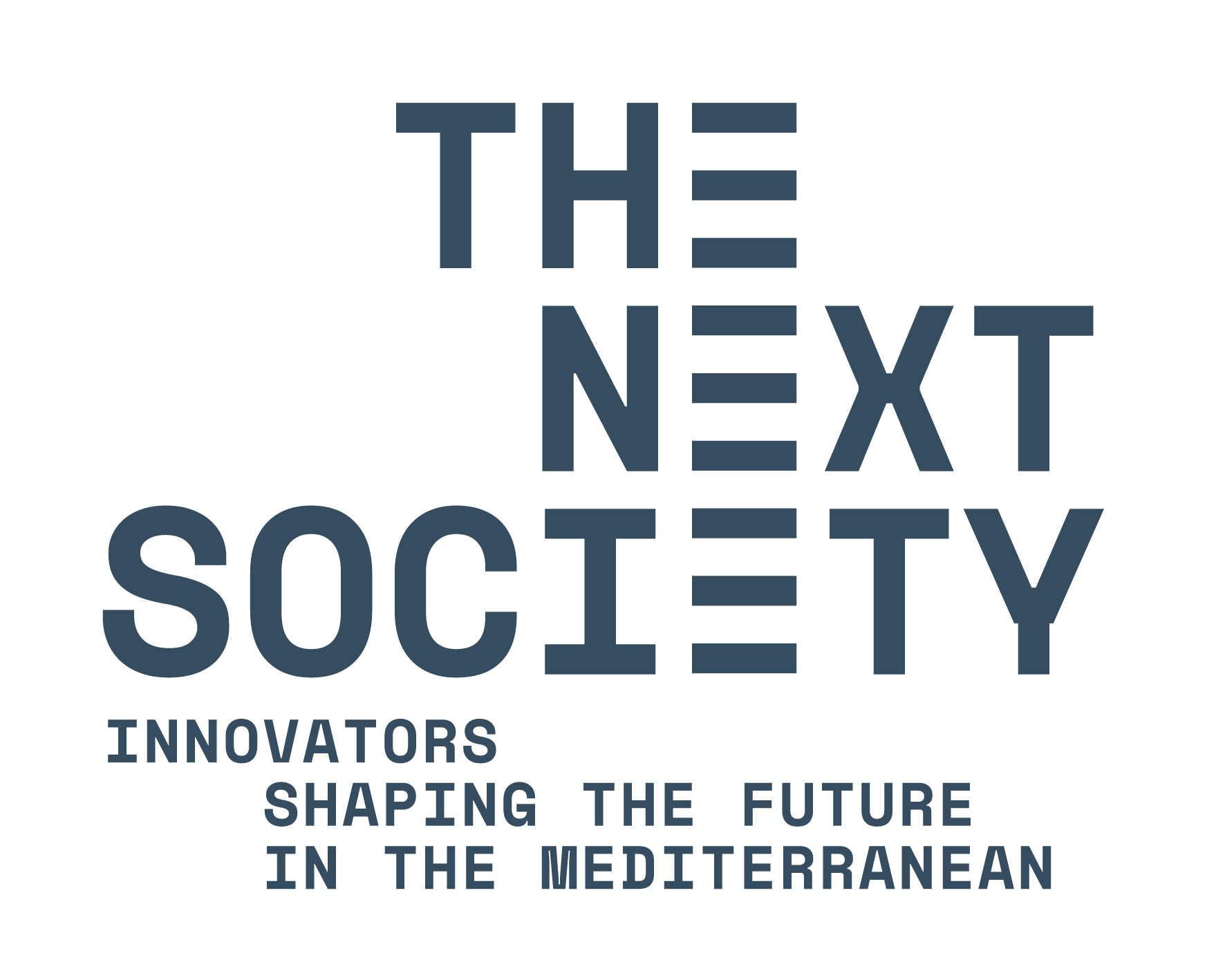 A successful launch, in Greece, for THE NEXT SOCIETY, a movement gathering entrepreneurs, investors, corporates, public and private innovation stakeholders in Europe and the Mediterranean.
A successful launch, in Greece, for THE NEXT SOCIETY, a movement gathering entrepreneurs, investors, corporates, public and private innovation stakeholders in Europe and the Mediterranean. 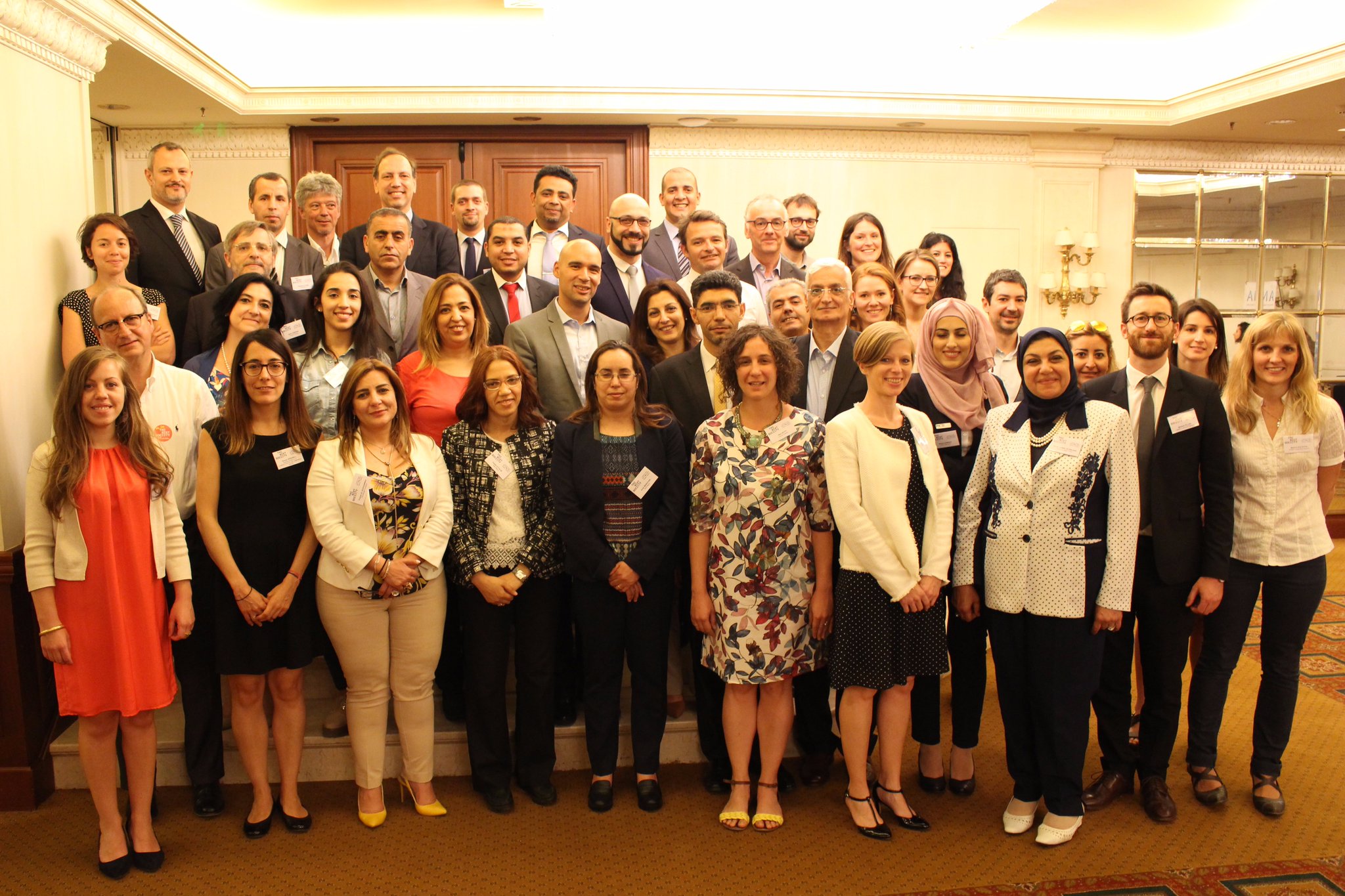 On the occasion of the event, co-organised by ANIMA Investment Network and Enterprise Greece on May 16th in Athens, almost a hundred Euro-Mediterranean professionals and experts exchanged views on the activities implemented by the initiative, in the presence of Greek Ministers Mr. Dimitris Papadimitriou, Minister of Economy and Development and Mr. Costas Fotakis, Alternate Minister for Research and Innovation.
On the occasion of the event, co-organised by ANIMA Investment Network and Enterprise Greece on May 16th in Athens, almost a hundred Euro-Mediterranean professionals and experts exchanged views on the activities implemented by the initiative, in the presence of Greek Ministers Mr. Dimitris Papadimitriou, Minister of Economy and Development and Mr. Costas Fotakis, Alternate Minister for Research and Innovation.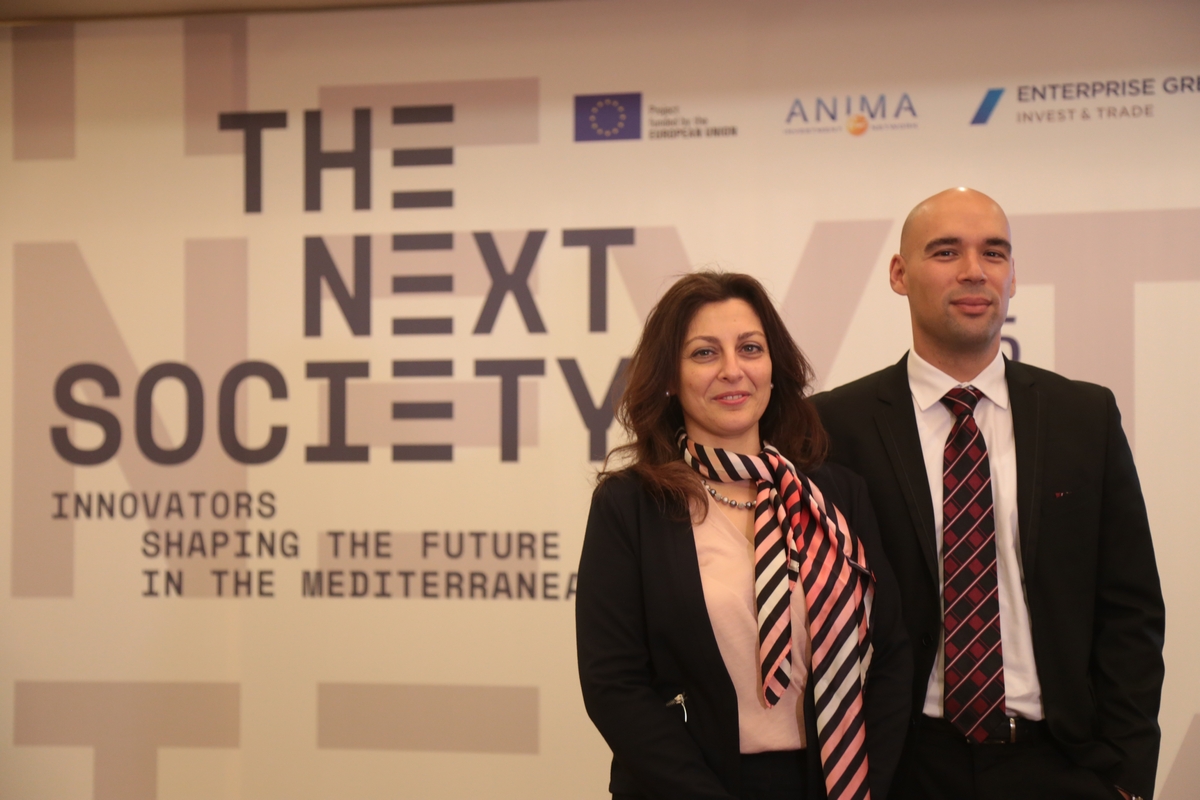
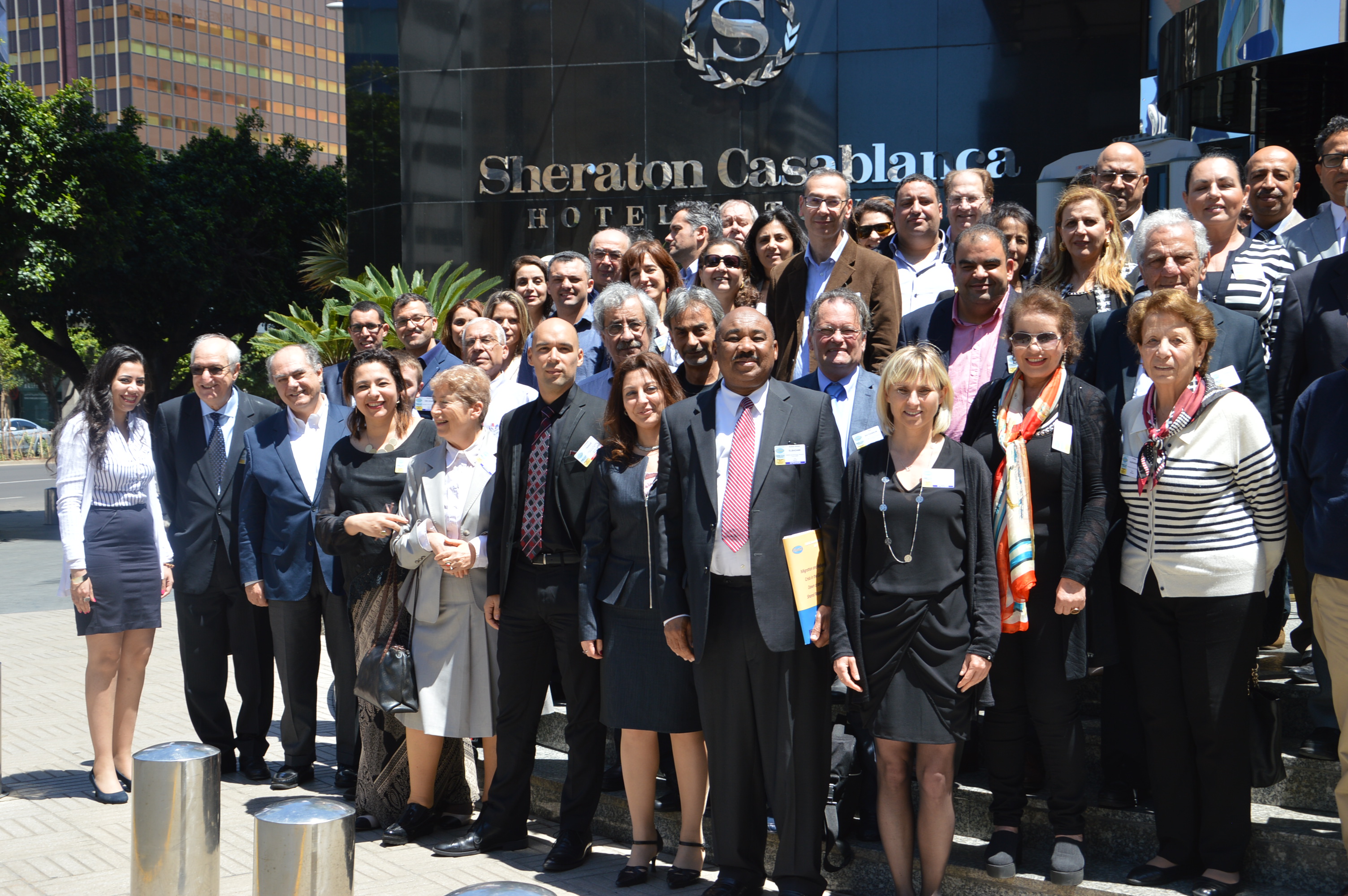

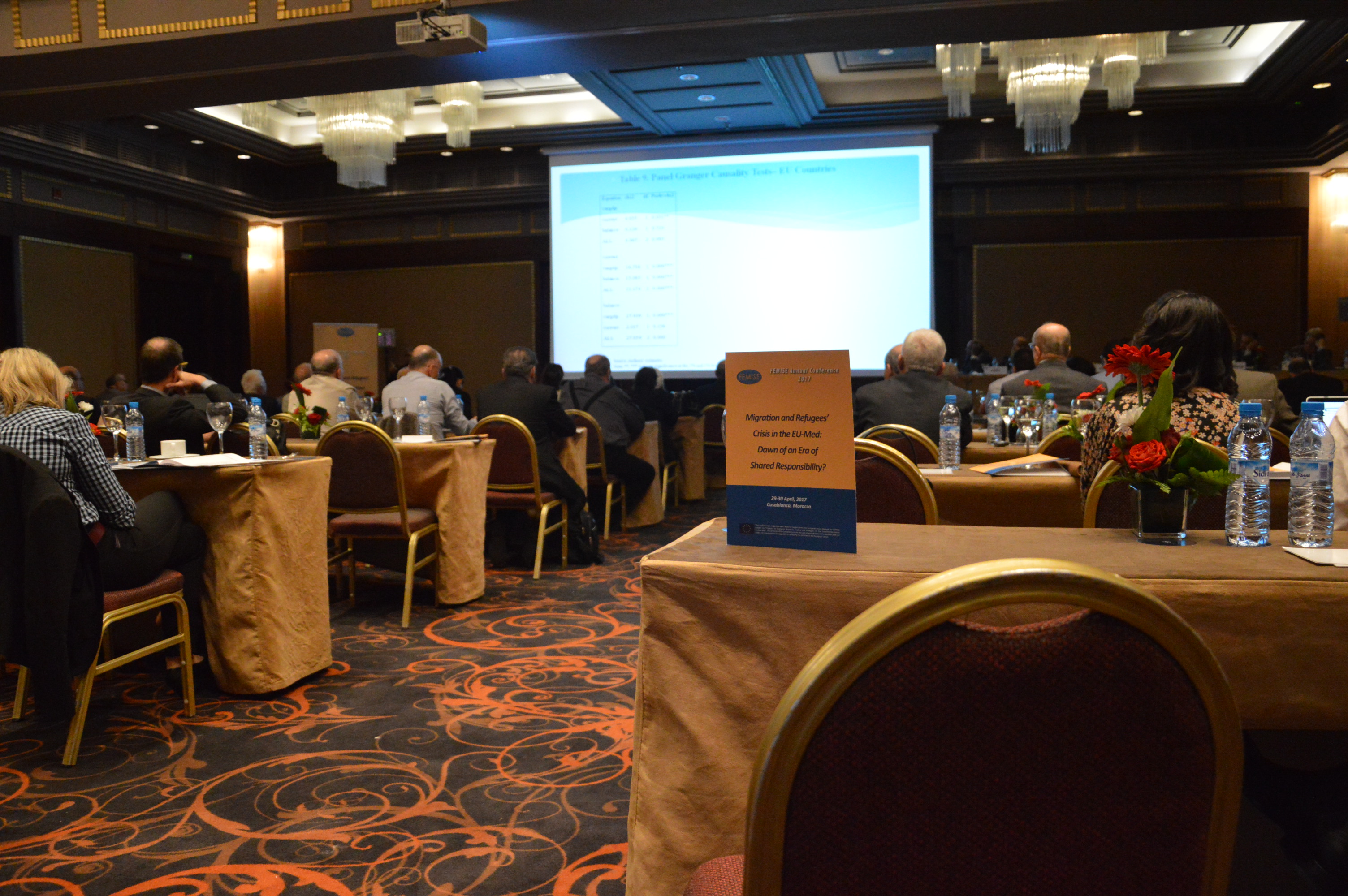
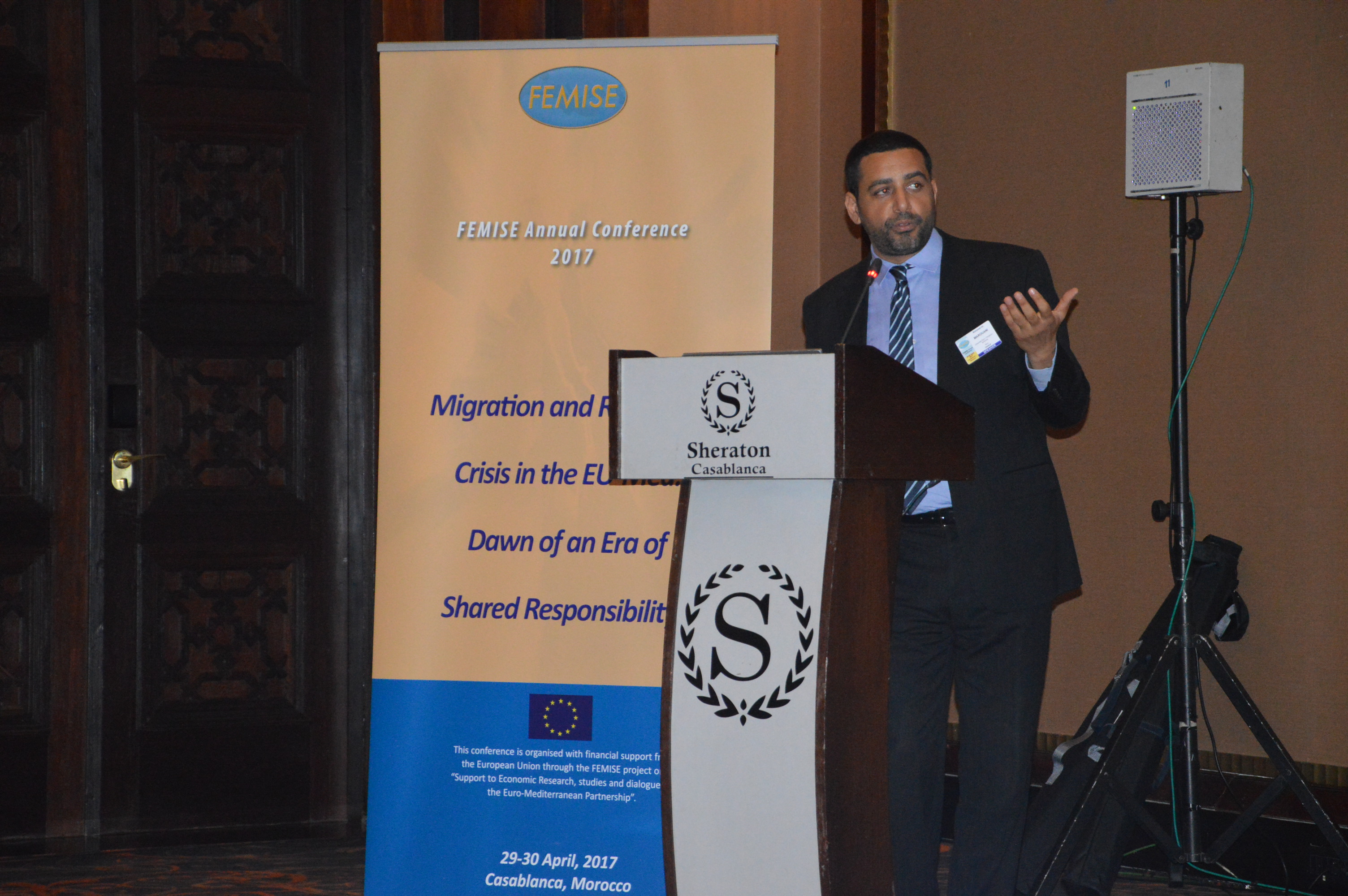


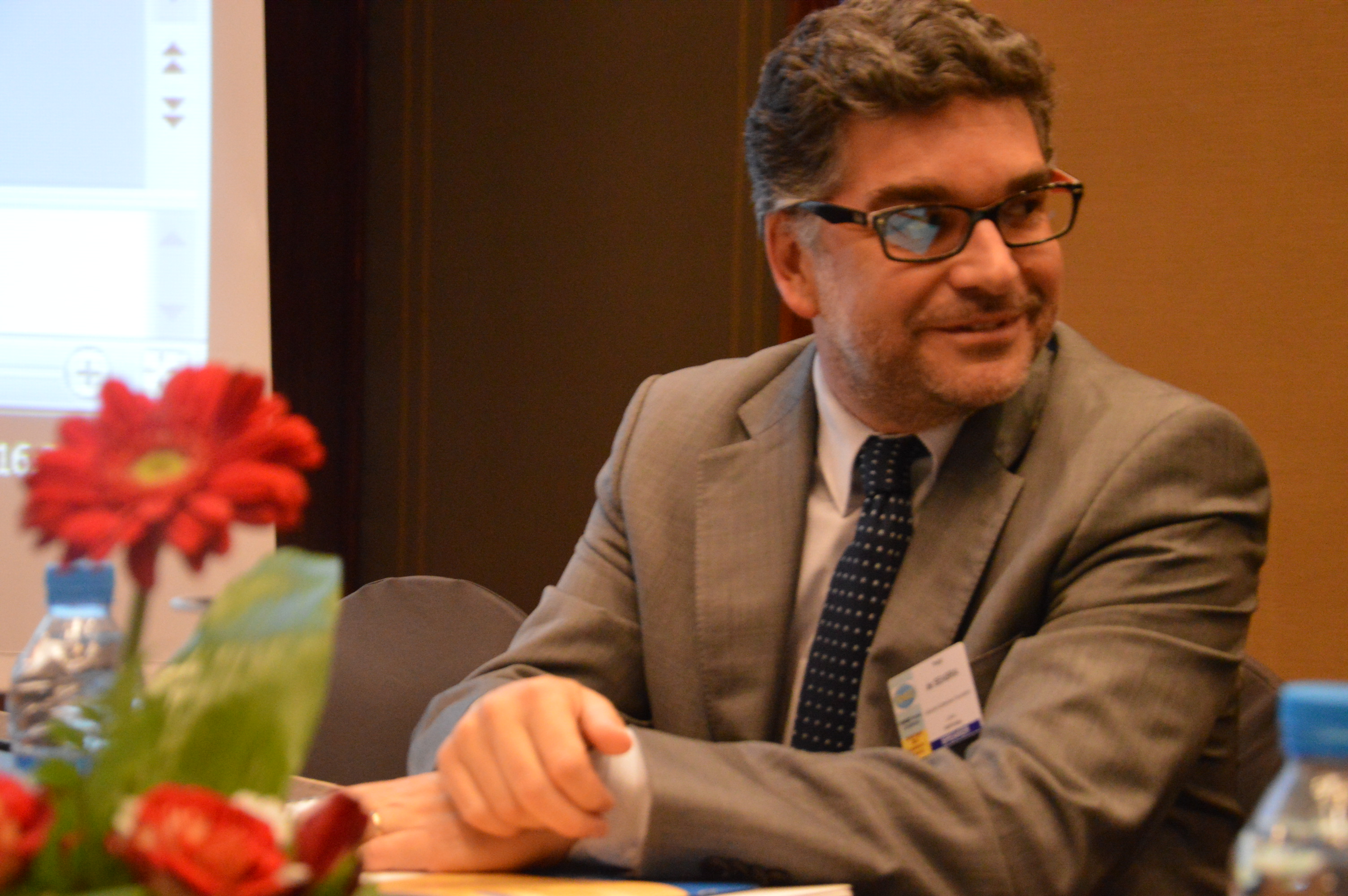
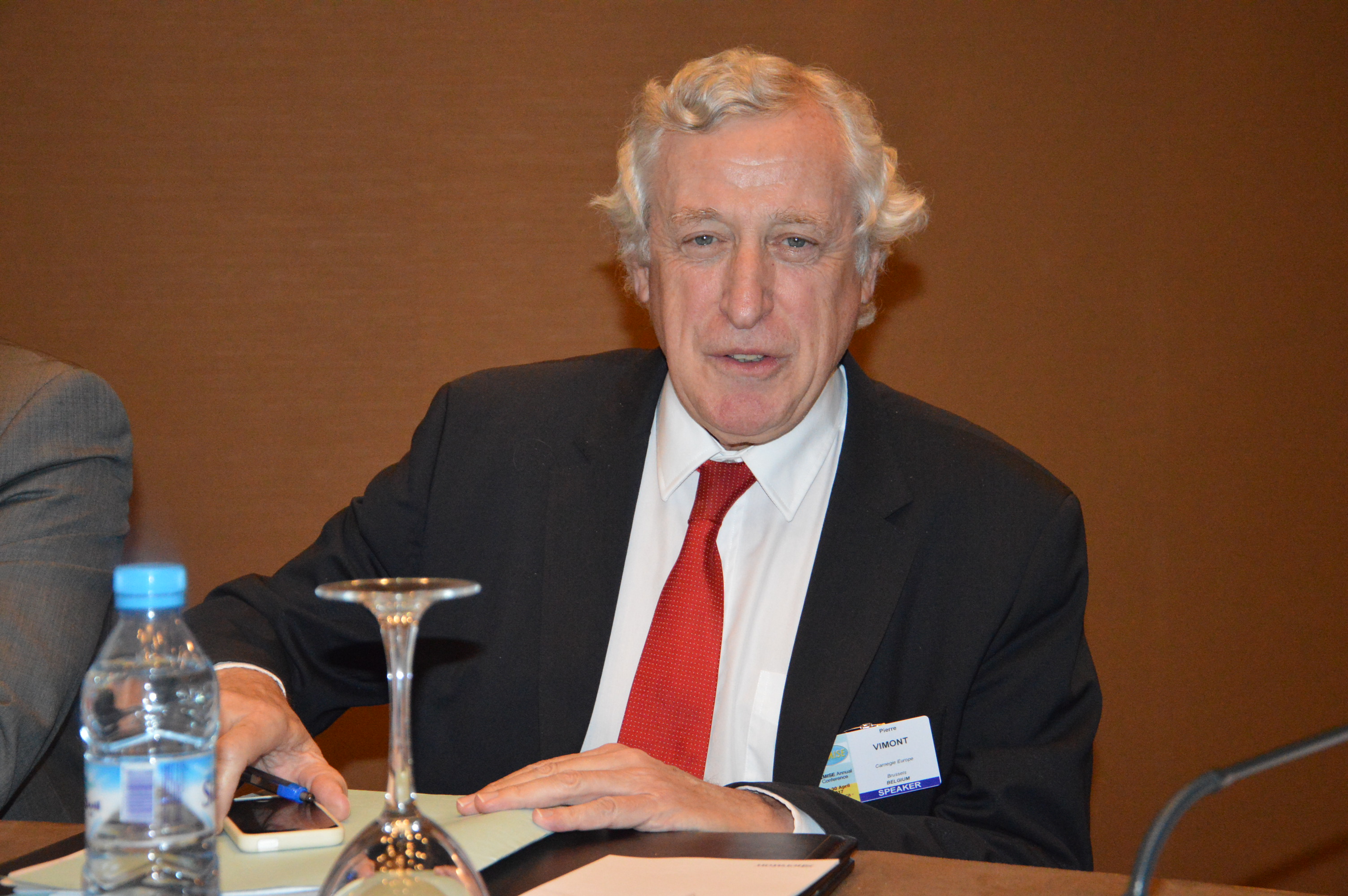
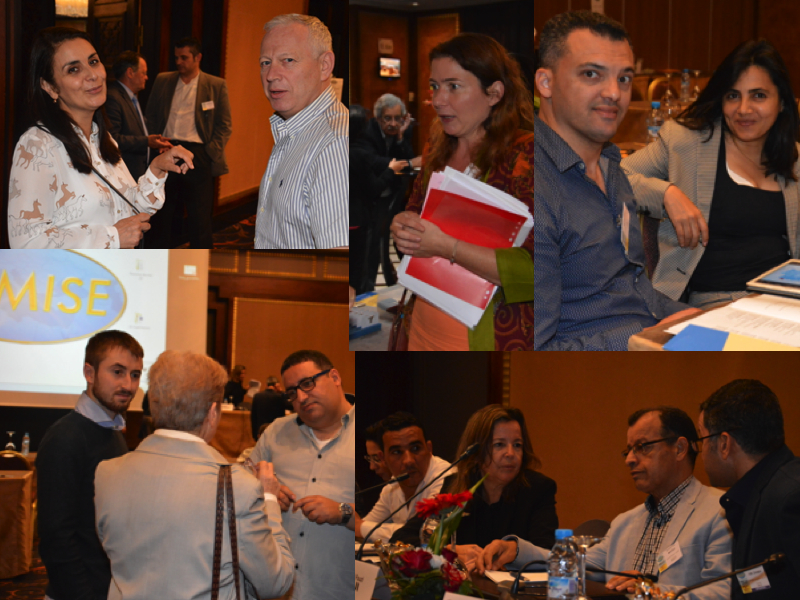
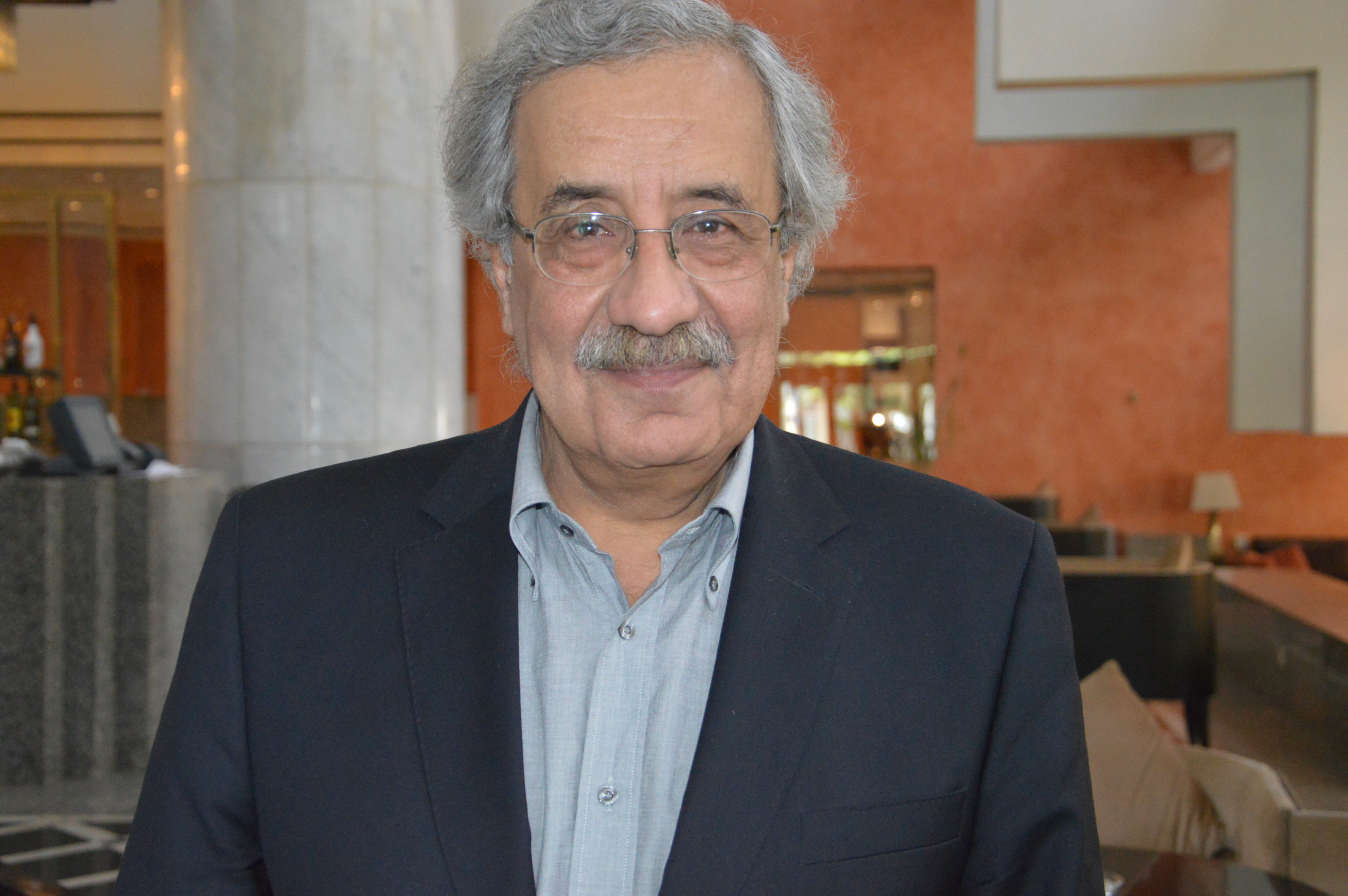
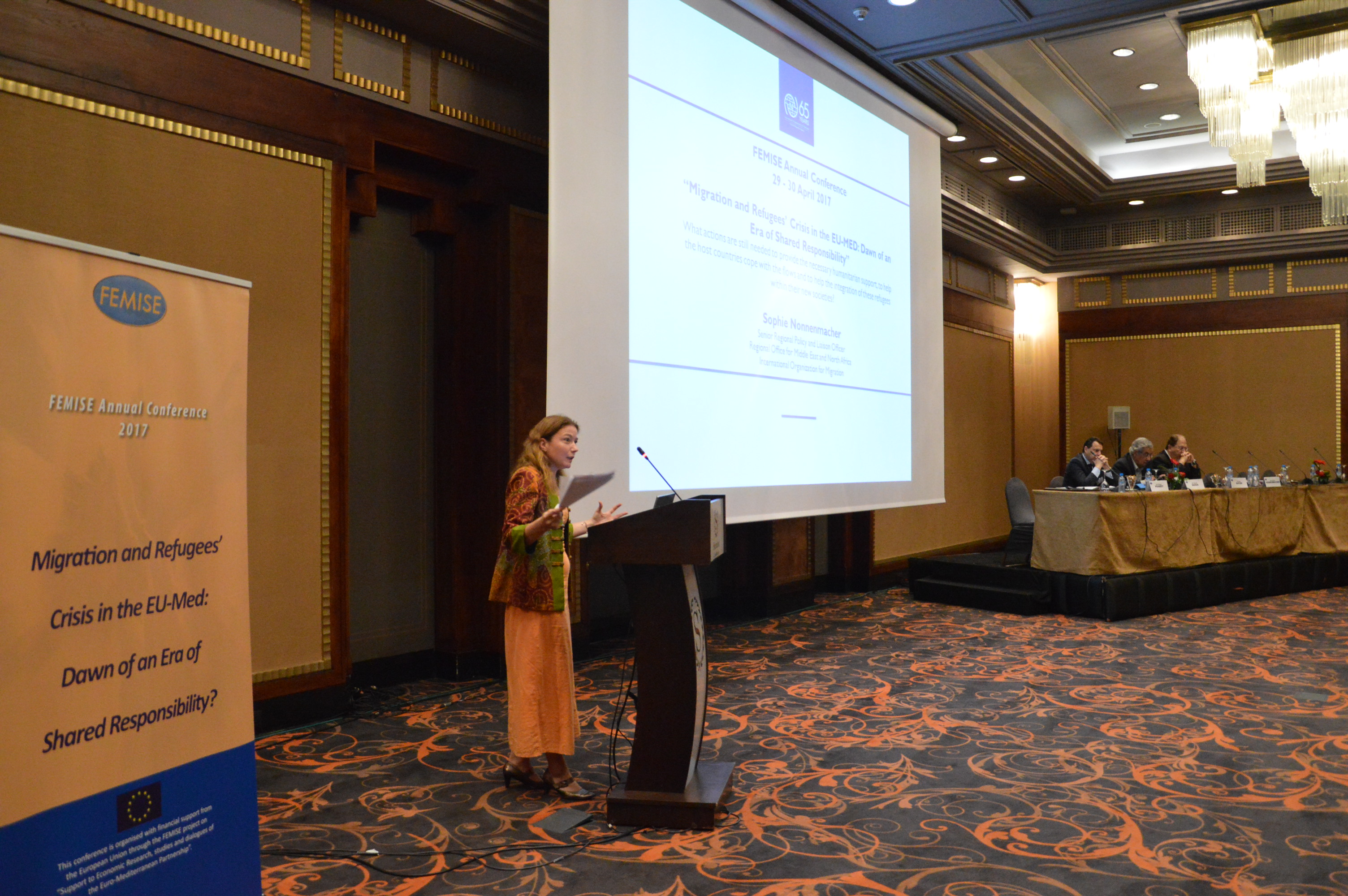
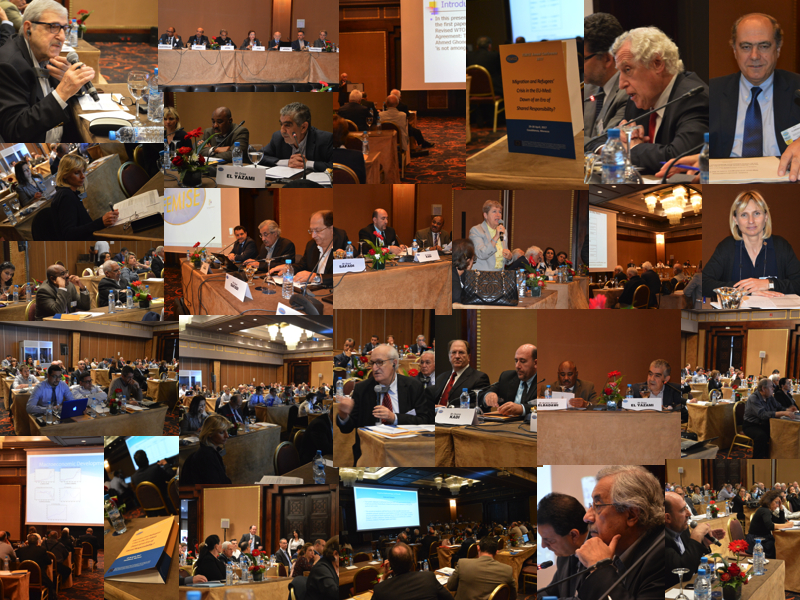
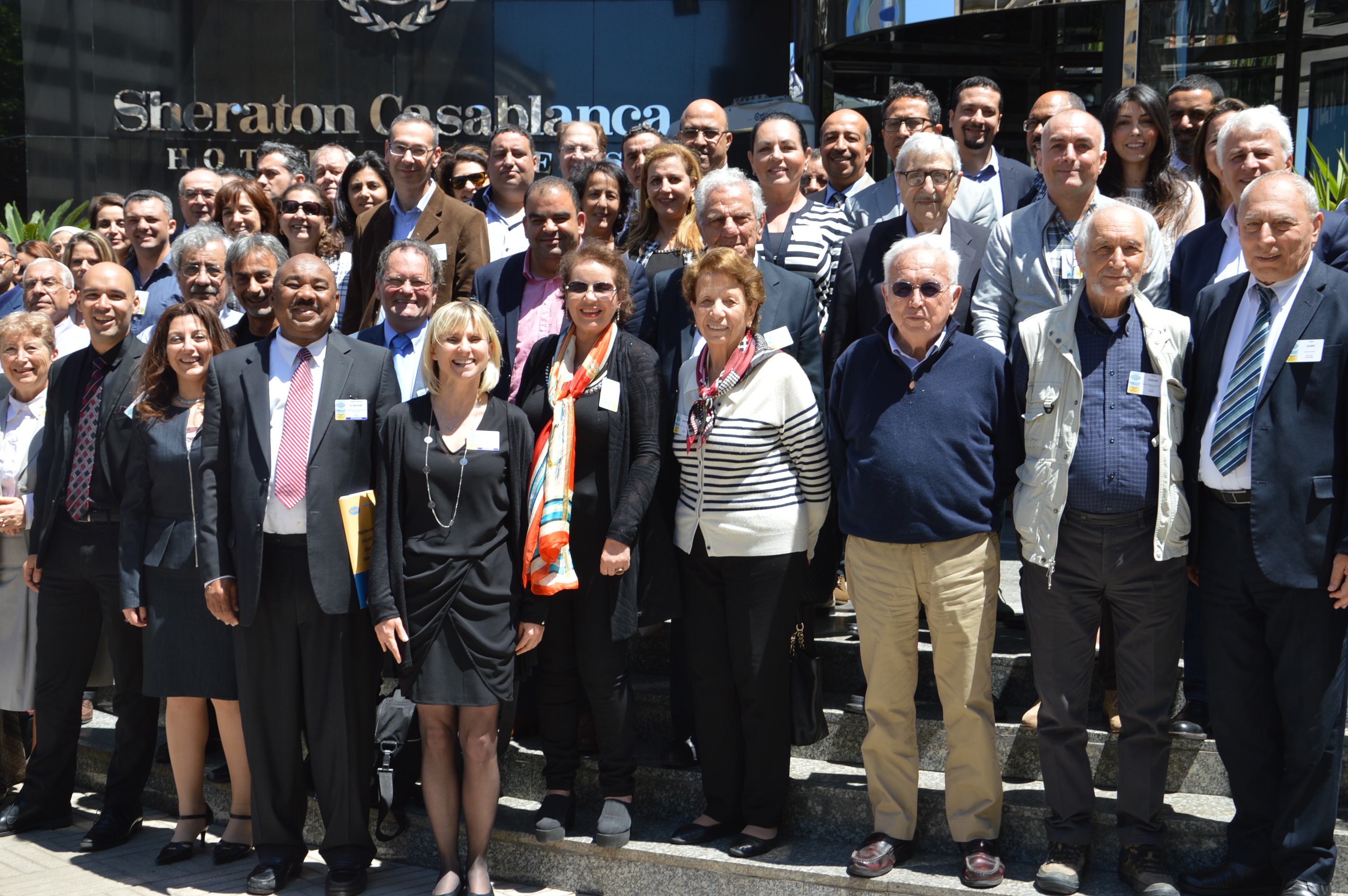
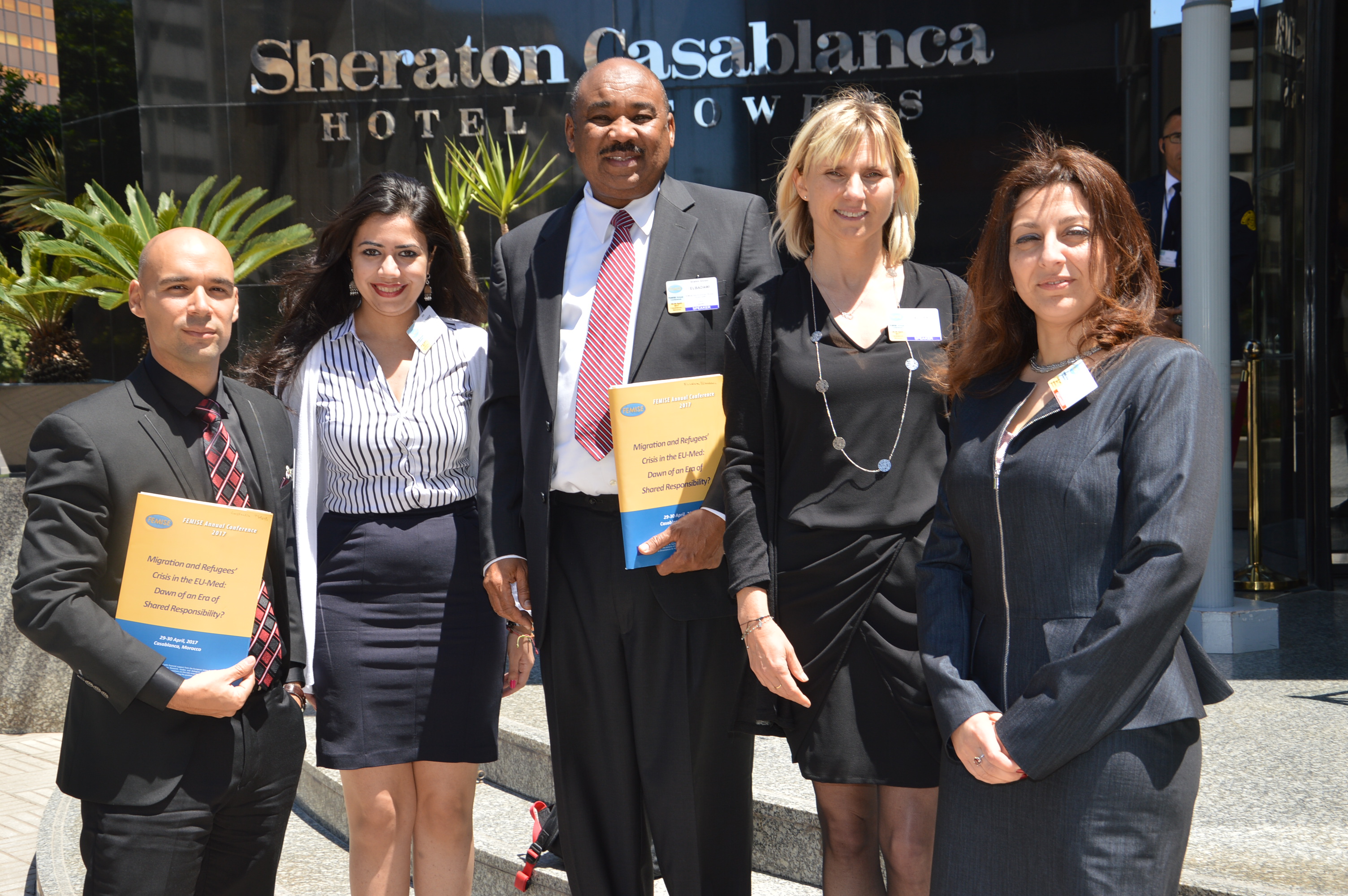

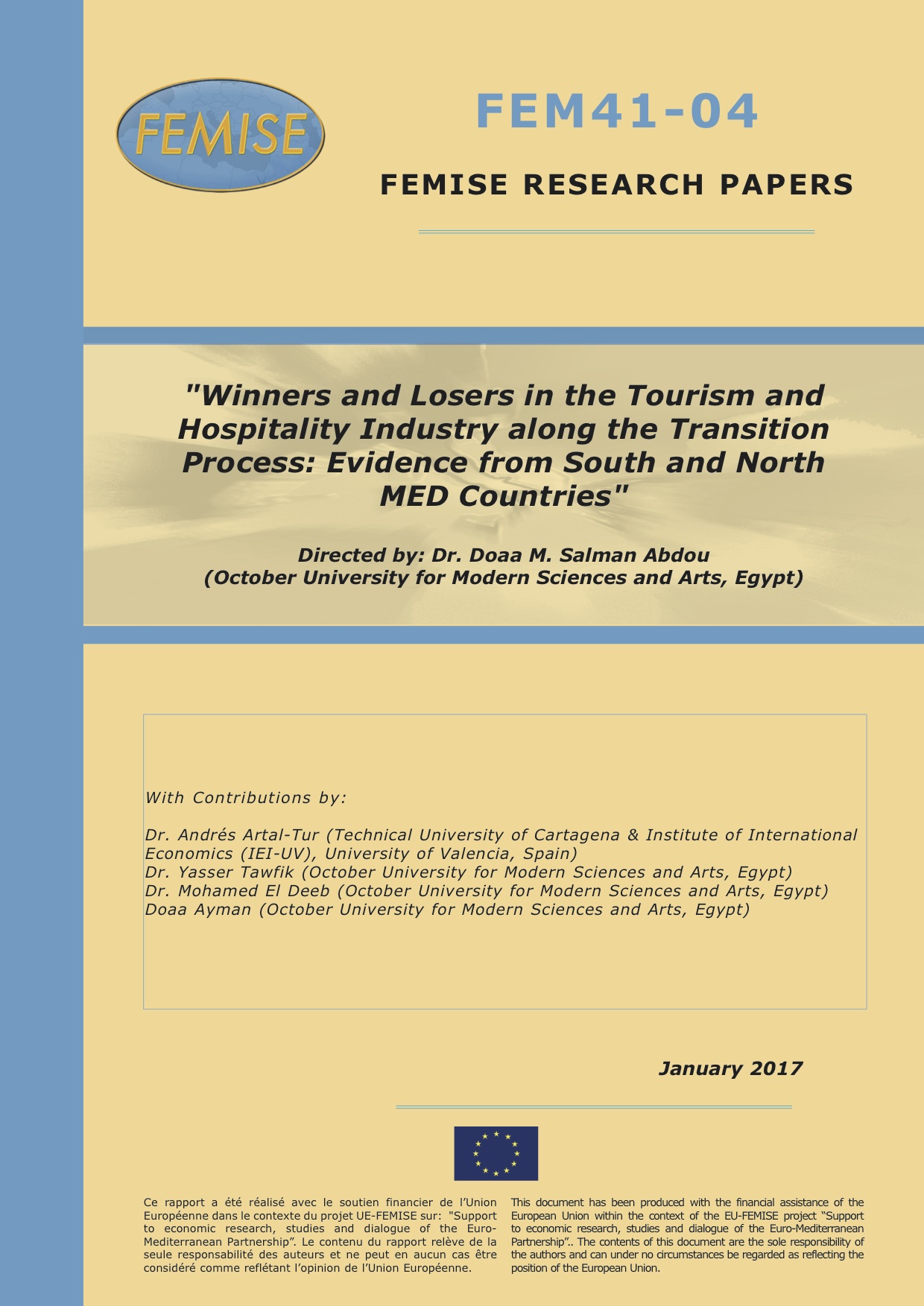
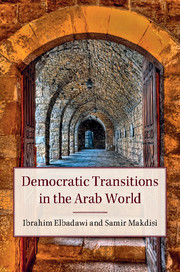 FEMISE is pleased to announce the publication of the book:
FEMISE is pleased to announce the publication of the book: